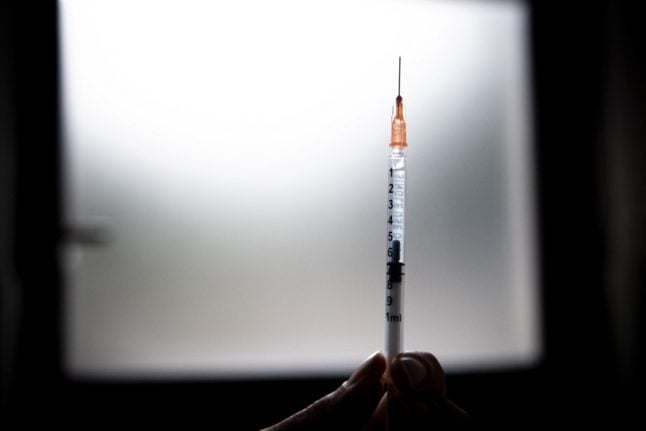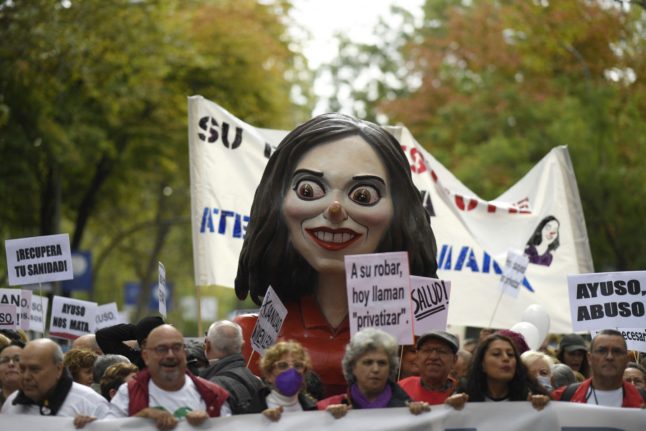Spain is one of the world’s worst-hit countries, with 4,298 people there infected with the virus, according to the health ministry’s emergency and alert coordination centre.
“Of the 3,750 (monkeypox) patients with available information, 120 cases were hospitalised (3.2 percent) and one case has died,” the centre said in a report.
An official would not give the specific cause of death for the fatality pending the outcome of an autopsy.
Brazil also reported a death on Friday; local authorities said a 41-year-old man who had serious immune system problems died of monkeypox on Thursday in Belo Horizonte, the capital of the southeastern Minas Gerais state.
“It is important to underline that he had serious co-morbidities, so as not to spread panic in the population. The death rate is very low” for monkeypox, said Minas Gerais health secretary Fabio Baccheretti, who added that the
patient was undergoing cancer treatment.
A global health emergency
Early signs of the disease include a high fever, swollen lymph glands and a chickenpox-like rash.
The World Health Organisation (WHO) last Saturday declared the monkeypox outbreak a global health emergency.
According to the WHO, more than 18,000 cases have been detected throughout the world outside of Africa since the beginning of May.
The disease has been detected in 78 countries, with 70 percent of cases found in Europe and 25 percent in the Americas, WHO chief Tedros Adhanom Ghebreyesus said on Wednesday.
As cases surge globally, the WHO on Wednesday called on the group currently most affected by the virus — men who have sex with men — to limit their sexual partners.
Ghebreyesus told reporters that the best way to protect against infection was “to reduce the risk of exposure”.
“For men who have sex with men, this includes, for the moment, reducing your number of sexual partners, reconsidering sex with new partners, and exchanging contact details with any new partners to enable follow-up if
needed,” he said.
The disease usually heals by itself after two to three weeks, sometimes taking a month.
A smallpox vaccine from Danish drug maker Bavarian Nordic, marketed under the name Jynneos in the United States and Imvanex in Europe, has also been found to protect against monkeypox.



 Please whitelist us to continue reading.
Please whitelist us to continue reading.
Member comments